Yun-Chan Tsai
To Raise or Not To Raise: The Autonomous Learning Rate Question
Jun 16, 2021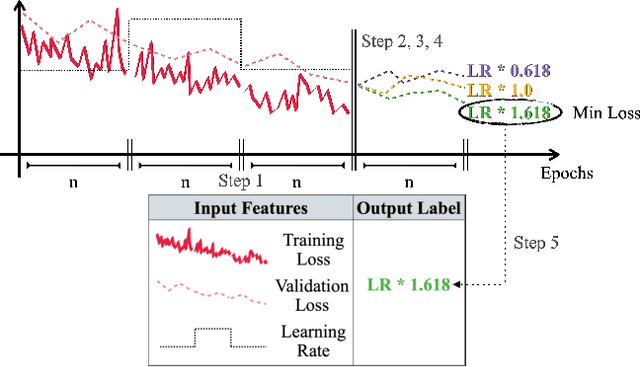


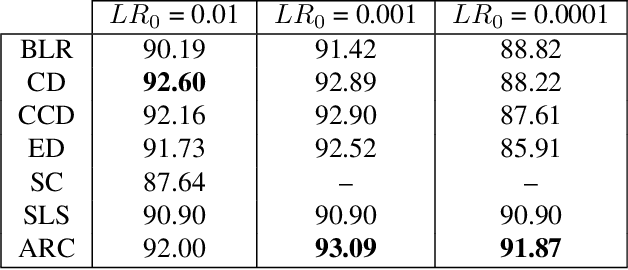
Abstract:There is a parameter ubiquitous throughout the deep learning world: learning rate. There is likewise a ubiquitous question: what should that learning rate be? The true answer to this question is often tedious and time consuming to obtain, and a great deal of arcane knowledge has accumulated in recent years over how to pick and modify learning rates to achieve optimal training performance. Moreover, the long hours spent carefully crafting the perfect learning rate can come to nothing the moment your network architecture, optimizer, dataset, or initial conditions change ever so slightly. But it need not be this way. We propose a new answer to the great learning rate question: the Autonomous Learning Rate Controller. Find it at https://github.com/fastestimator/ARC
Automating Augmentation Through Random Unidimensional Search
Jun 16, 2021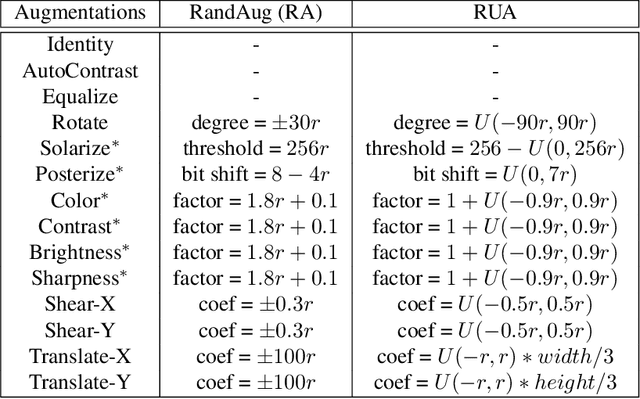
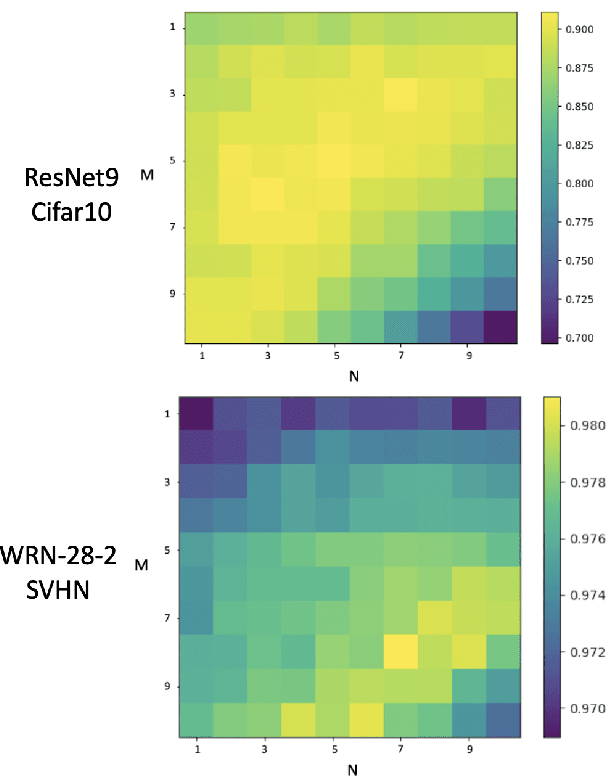
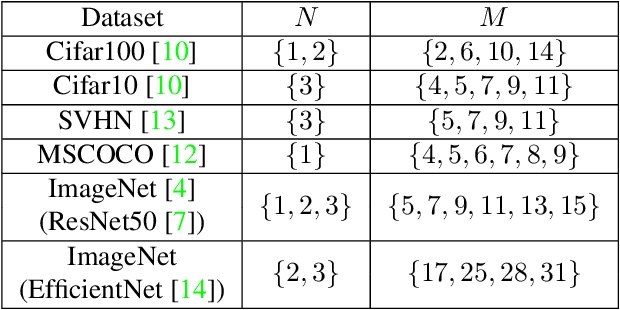
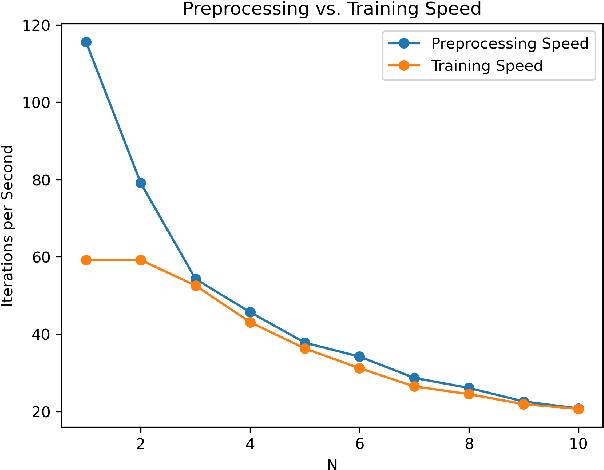
Abstract:It is no secret amongst deep learning researchers that finding the right data augmentation strategy during training can mean the difference between a state-of-the-art result and a run-of-the-mill ranking. To that end, the community has seen many efforts to automate the process of finding the perfect augmentation procedure for any task at hand. Unfortunately, even recent cutting-edge methods bring massive computational overhead, requiring as many as 100 full model trainings to settle on an ideal configuration. We show how to achieve even better performance in just 7: with Random Unidimensional Augmentation. Source code is available at https://github.com/fastestimator/RUA
FastEstimator: A Deep Learning Library for Fast Prototyping and Productization
Nov 18, 2019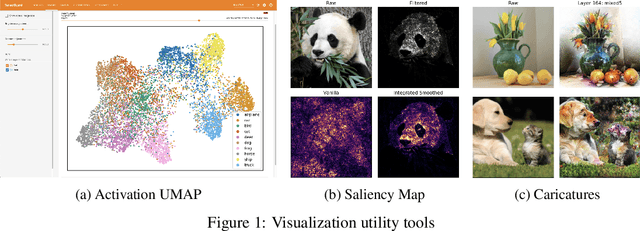
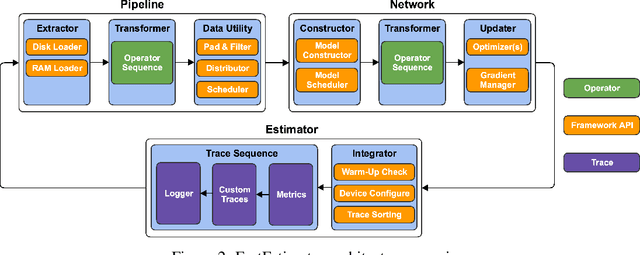


Abstract:As the complexity of state-of-the-art deep learning models increases by the month, implementation, interpretation, and traceability become ever-more-burdensome challenges for AI practitioners around the world. Several AI frameworks have risen in an effort to stem this tide, but the steady advance of the field has begun to test the bounds of their flexibility, expressiveness, and ease of use. To address these concerns, we introduce a radically flexible high-level open source deep learning framework for both research and industry. We introduce FastEstimator.
 Add to Chrome
Add to Chrome Add to Firefox
Add to Firefox Add to Edge
Add to Edge